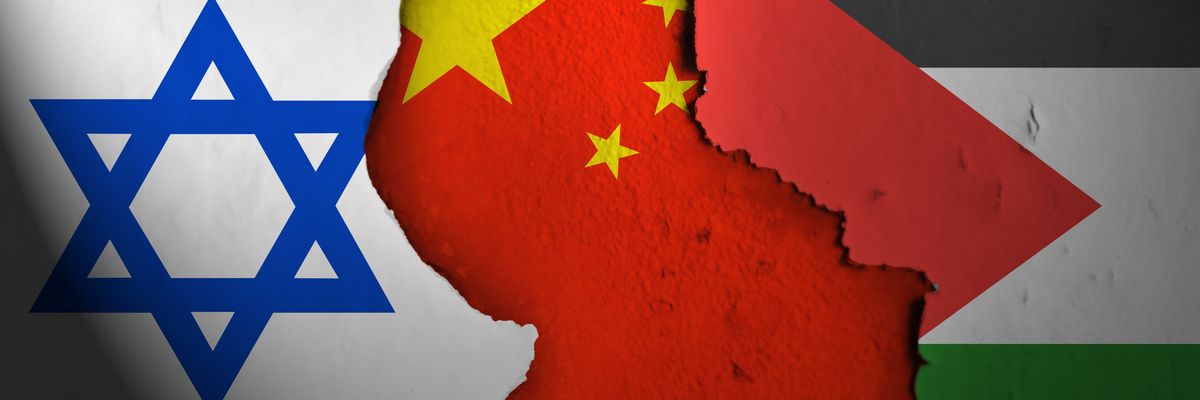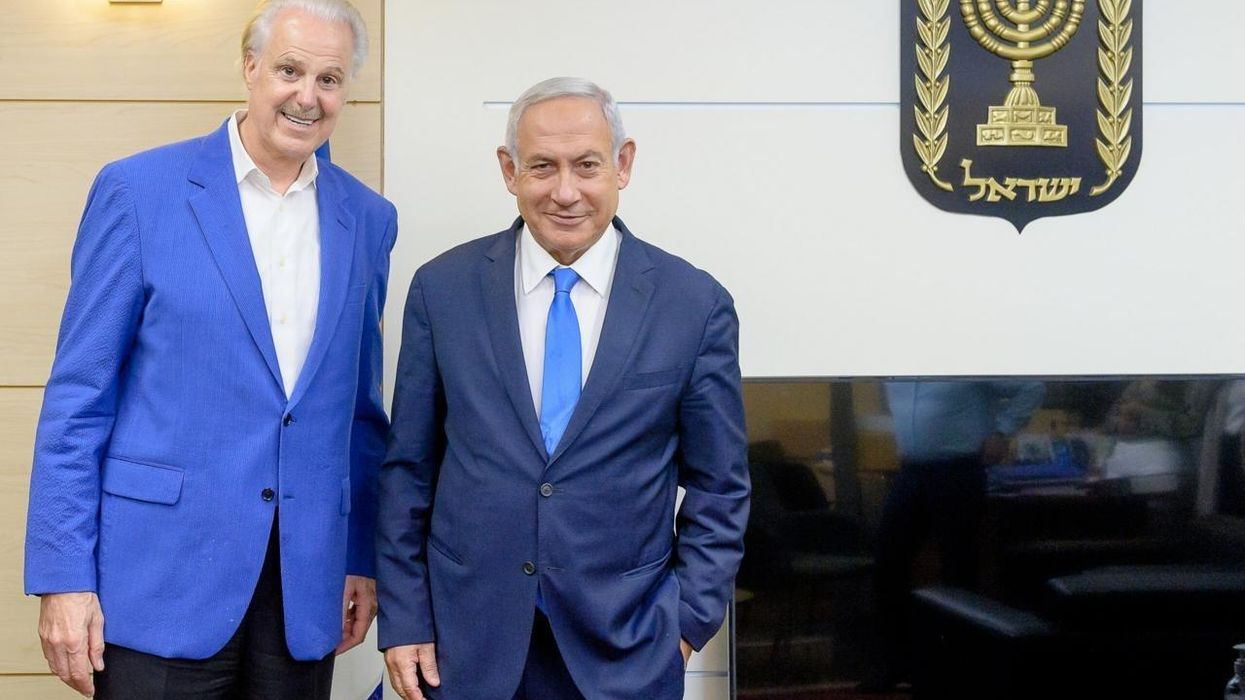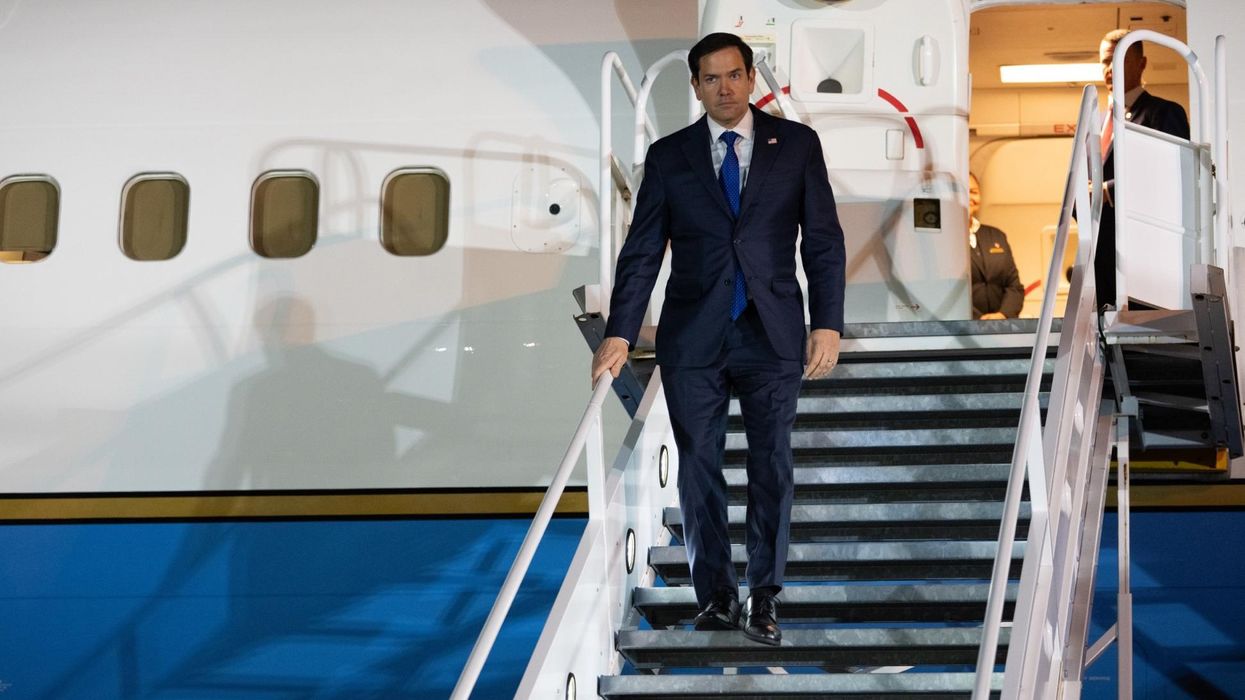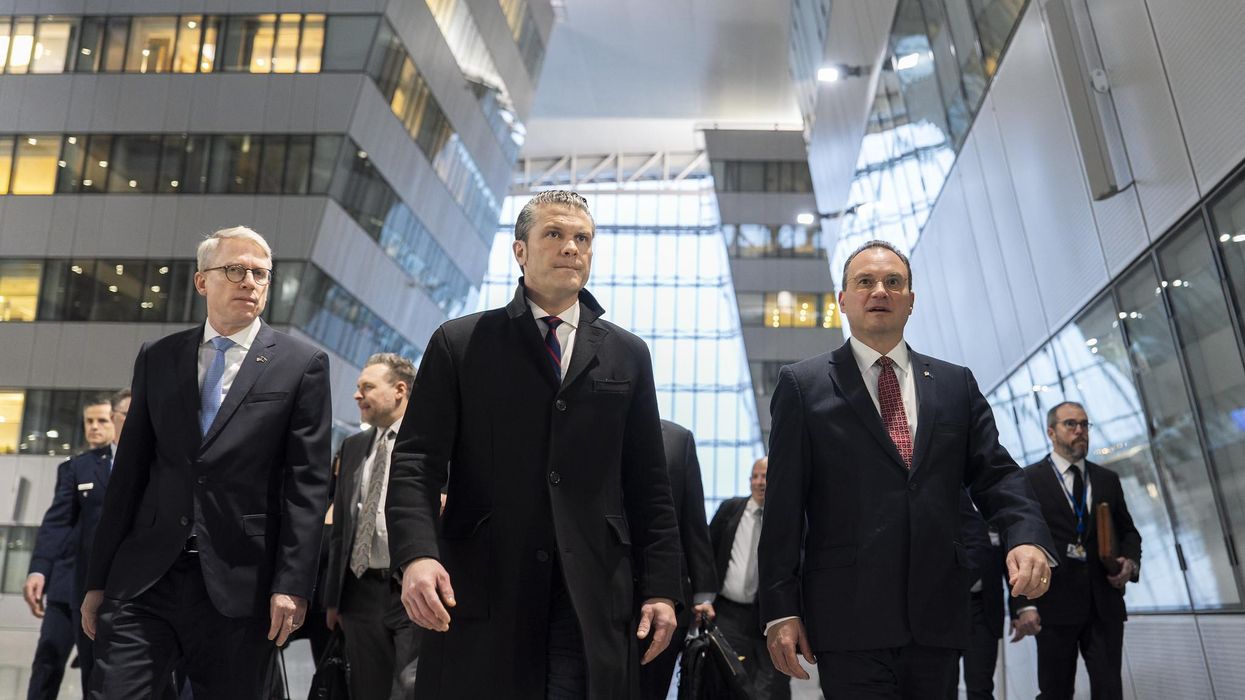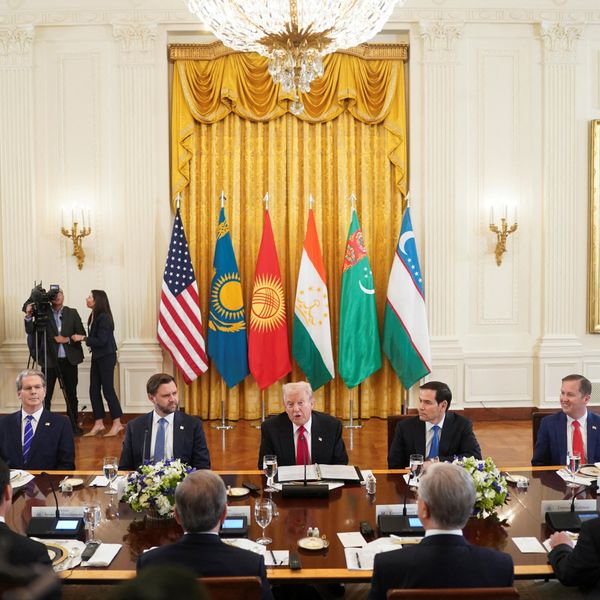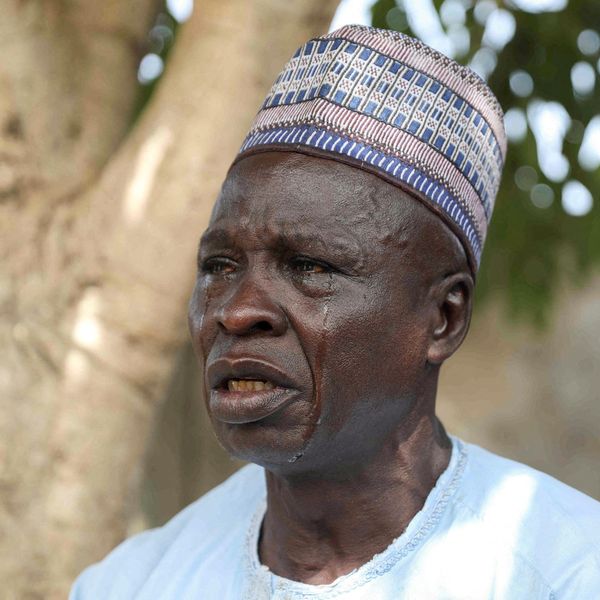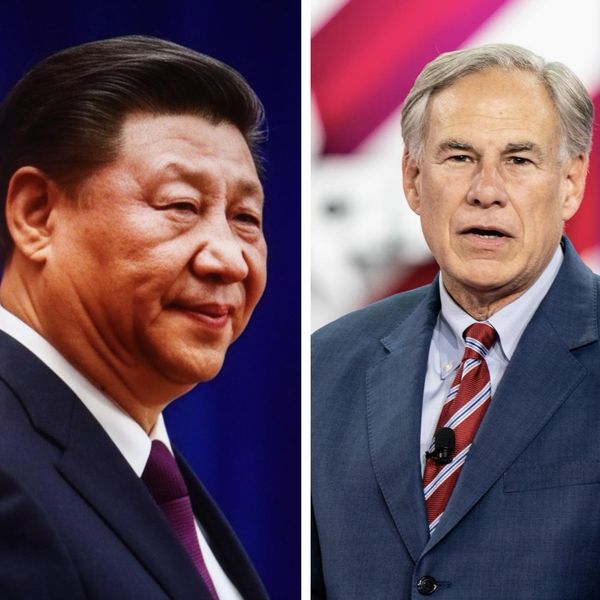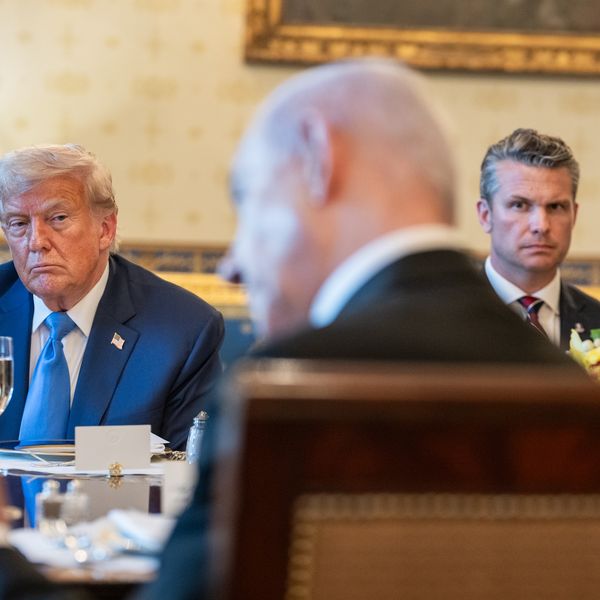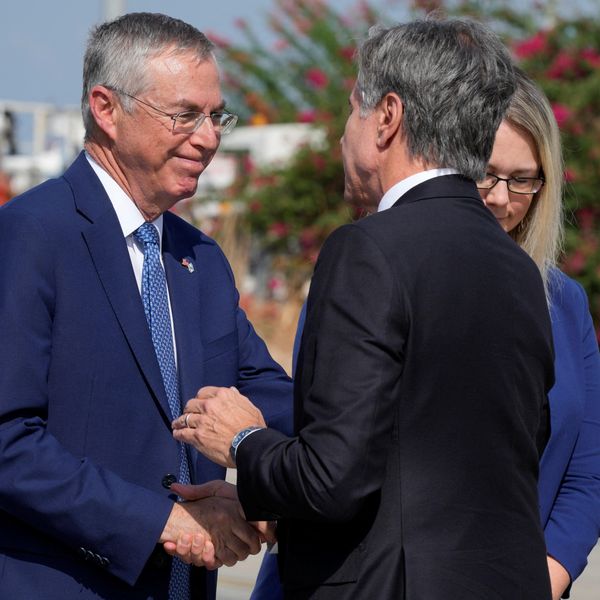While the United States remains the dominant extra-regional superpower as the war between Hamas and Israel threatens to spread more broadly, China’s growing presence across the Middle East raises important questions about how it conceives its response to the crisis.
Enjoying close ties to Israel and decent relations with major Palestinian and Lebanese players, including Hamas and Hezbollah, Beijing’s foreign policy in the post-Mao era has been quite balanced between Israel and Arab actors. But Israel’s conduct of the war is pushing Beijing to take a stance that is increasingly pro-Palestinian, which risks harming its relations with Tel Aviv.
China’s main interests
Ultimately, what China wants in the Middle East more than anything else is stability. The region is extremely important to the success of the Belt and Road Initiative, which will face serious problems if wars continue to plague the region.
To help stabilize the Gulf, in particular, China played a catalyzing role in the renormalization of diplomatic relations between Saudi Arabia and Iran almost eight months ago. Now, he escalating conflict in Israel/Palestine and along the Israeli border with Lebanon has raised growing concern in Beijing about the possibility of a wider war. Beijing has called for a ceasefire, followed by a lasting political settlement to the conflict based on the implementation of a two-state solution for Israelis and Palestinians as the best course.
China and Israel’s multifaceted and complicated bilateral relationship has evolved over the decades. Under Chairman Mao Zedong’s rule (1949-76), China supported left-wing and “radical” Arab regimes — namely Algeria, Egypt, South Yemen, and Syria — as well as national liberation movements in the Middle East, including the Palestinian struggle. By contrast, Mao saw Israel as a base of Western imperialism in the Arab world.
But since Beijing and Tel Aviv established diplomatic relations in 1992, economic relations between China and Israel have flourished across countless sectors, including technology, infrastructure, tourism, health, education, logistics, ports, and cosmetics. There is also a history of a military-tech exchange between the two countries going back to the 1980s. Sino-Israeli relations have deepened to the point where U.S. officials have pressured Tel Aviv to cool its ties with the Asian giant.
Despite these deep economic relations, however, China has opposed Israel’s occupation of Palestinian and Syrian territory outside its United Nations-recognized borders and criticized its past bombing campaigns against Gaza, Syria, and Lebanon. Unlike Israel, the United States and some other Western states, China has refused to designate Hamas and Hezbollah as terrorist organizations, instead viewing them as legitimate representatives of segments of the population in Palestine and Lebanon.
Beijing reacts to Hamas’ surprise attack
In response to Hamas’ unprecedented incursion into southern Israel on October 7 and the Israeli bombing campaign of Gaza that followed, Beijing has stressed three main messages. First, it condemned all attacks on civilians. Second, it called for the reactivation of dialogue between the warring sides. Finally, it has called for the effective establishment of a Palestinian state based alongside Israel’s 1949-67 borders.
“China has tried to maintain [neutrality], criticize attacks on civilians, and call for de-escalation and ceasefire,” said Yun Sun, co-director of the China Program at the Washington-based Stimson Center, in an interview with RS. “Hamas’s attacks on civilians are inexcusable. But for China, Israel’s illegal occupation of Palestinian territory is also the origin of the attacks.”
China’s response to October 7 was similar to the way Beijing positioned itself after Russia’s full-scale invasion of Ukraine in February 2022, according to some experts. “If in Ukraine there was talk of a ‘pro-Russian neutrality,’ in this case it is a ‘pro-Palestinian neutrality,’” according to Enrico Fardella, Director of the Italy-based ChinaMED Project.
“Neutrality is functional to maximize [China’s] diplomatic flexibility by presenting itself as the only major power capable of dialogue with both sides,” he told RS. “This serves to win consensus at the center (among all those actors critical of the [Benjamin] Netanyahu government but at the same time disgusted by Hamas’ brutalities), showing the superiority of its own diplomatic action in the face of the American one that is decidedly pro-Israel. The pro-Palestinian component, on the other hand, serves to gather support on the left, i.e., in the pro-Palestinian, anti-Israel (and therefore anti-American) area inside and outside the Middle East.”
Can China help de-escalate?
Earlier this year, the Chinese offered to mediate between the Israelis and Palestinians. Now more than ever, the region could benefit from an outside actor playing an effective peacemaking role. But given Beijing’s apparent inability to muster the leverage necessary to bring the Israelis and Palestinians toward a peaceful settlement, it is doubtful that China can succeed.
“We know that Beijing wants to prevent the escalation of the crisis, but I do not think that it has enough instruments to defuse the crisis,” said Nurettin Akçay, of the Center for Global Studies at Shanghai University. He explained that China’s limited leverage over Israel is a major obstacle to Beijing successfully de-escalating this conflict through diplomatic means. “It is my belief that China's position in the Middle East is somewhat overstated. Its actual power to shape events in the region is quite limited, despite its economic clout. The ongoing crisis has highlighted the fact that China lacks the necessary hard power to pursue its objectives,” he told RS.
“I think all countries that call for de-escalation will help,” noted Sun. “Beijing has relatively good relationships with both Israel and Palestine, as well as other regional players. But such good relationships do not necessarily translate into influence on such a major issue,” she added. “To assume that Beijing can effectively help de-escalate is to assume that parties to the conflict are willing to change their course, which I do not see as probable at this point.”
Implications for U.S.-Israel ties
How much the ongoing violence in Israel-Palestine and Lebanon will impact China’s relationship with Israel is unclear. In recent years, China has become more vocal about the Palestinian cause, which serves to boost Beijing’s standing among governments and societies across the Islamic world and much of the Global South. This has served to differentiate China from the U.S. and helps Beijing to depict Washington as the isolated player on this issue while countering Western efforts to use the Xinjiang human rights file to distance Muslim-majority countries from China.
While the Chinese and Israelis have generally managed to separate their political disagreements from their economic ties in recent years, China’s increasingly pro-Palestinian position has the potential to create considerable irritation in the bilateral relationship. And while Netanyahu was flirting earlier this year with the idea of traveling to China and meeting with President Xi Jinping in the face of Biden administration’s criticism of the Israeli leader’s far-right domestic agenda, such a show of defiance and independence seems highly unlikely given both Washington’s strong backing for Israel in the current conflict and Beijing’s more pro-Palestinian position.
- The United States, China, and great power competition in the Middle East ›
- How China and Russia can help us avoid escalation in the Middle East ›

